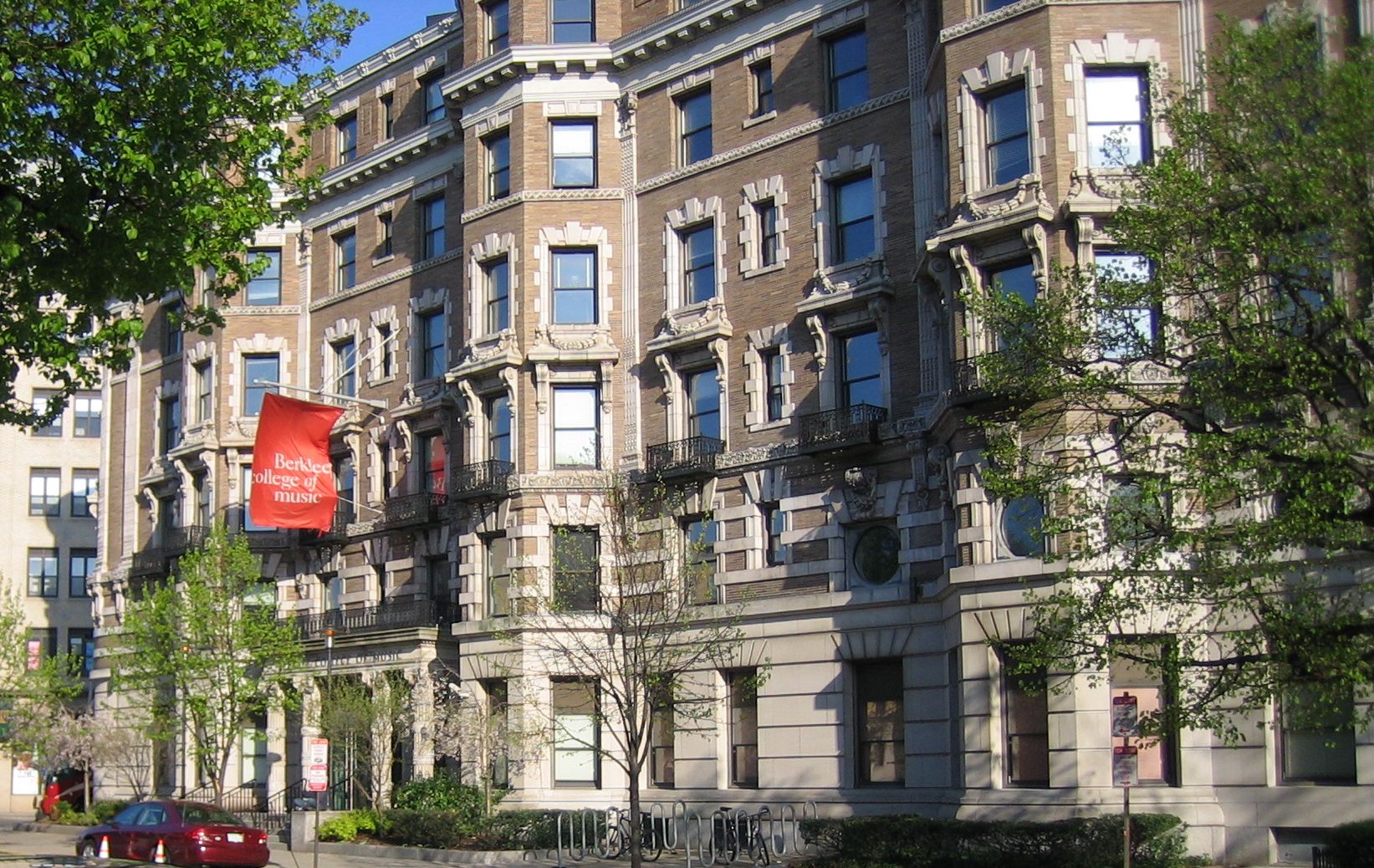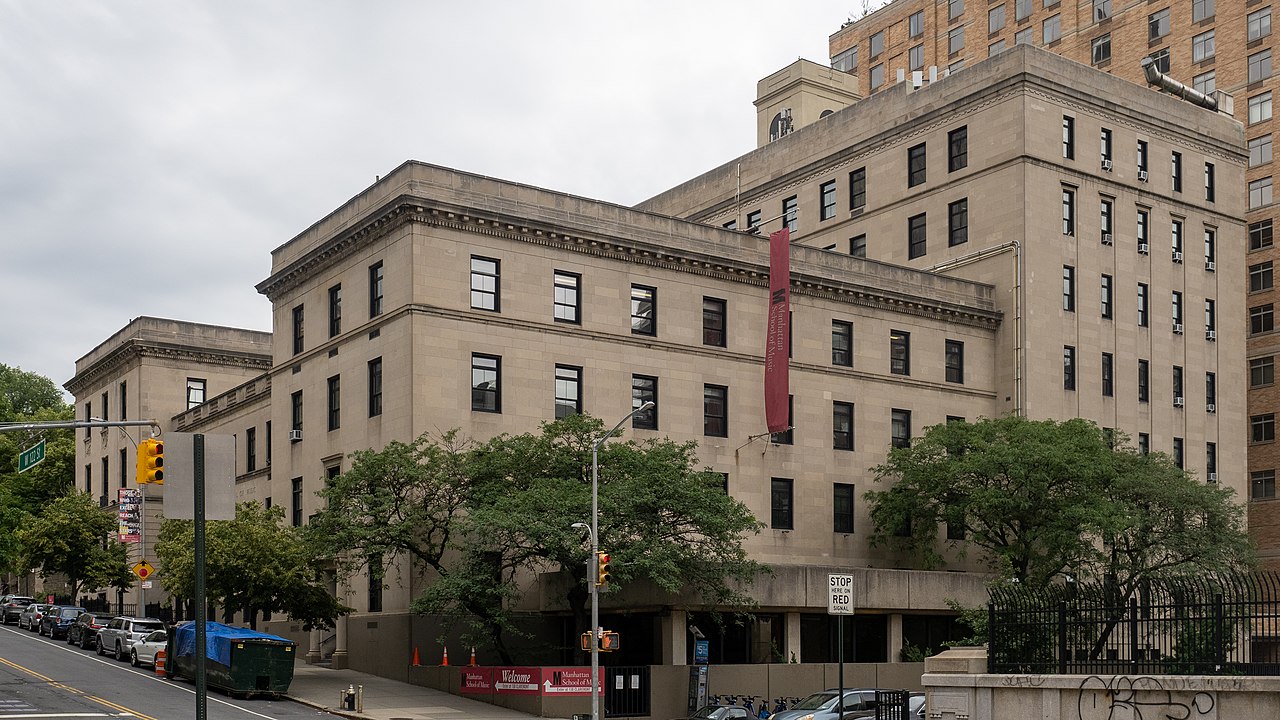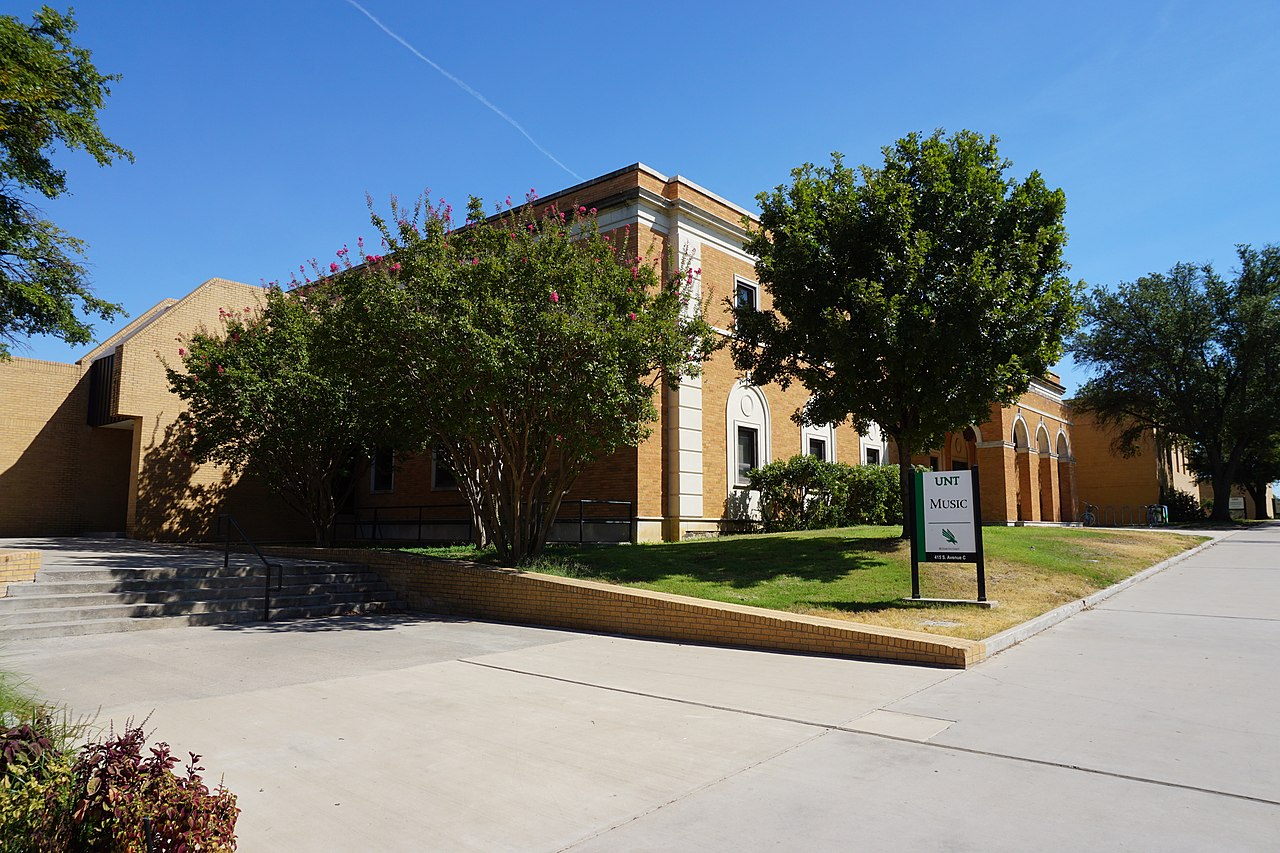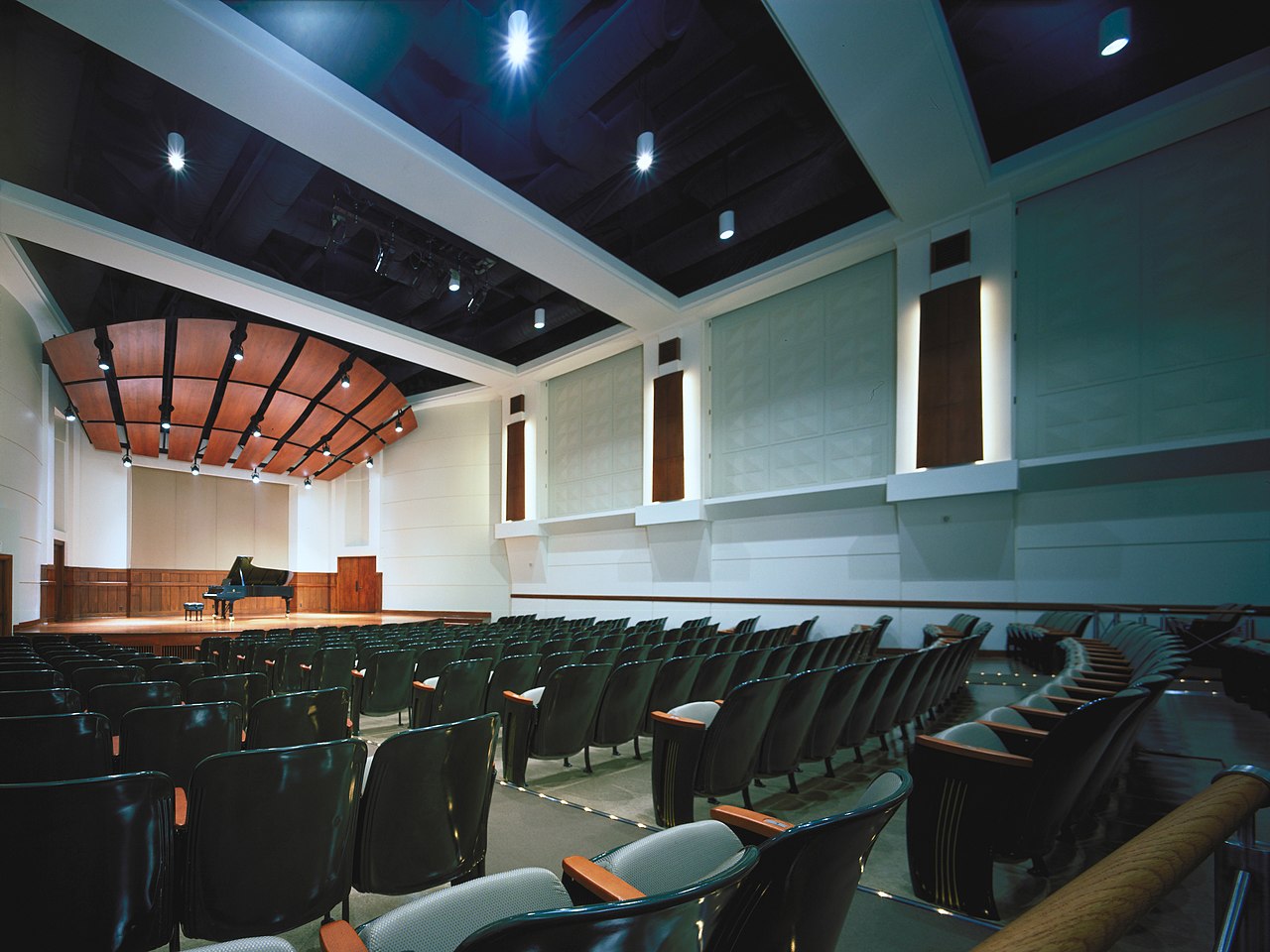Jazz Colleges and Degrees in the United States
Berklee College of Music

Master of Music in Global Jazz
The global jazz program, Master of Music, caters to proficient instrumentalists and vocalists who aspire to enhance their performance career. The program offers advanced studies and a variety of performance projects for musicians to develop their artistry. In this one-year, full-time program, students will have the chance to be mentored and trained by some of the leading jazz musicians of today.
Requirements
Individuals applying for the Master of Music program in global jazz at Berklee must have a Bachelor’s degree in Music or a Bachelor’s degree in Arts with a major in Music. A strong academic background and exceptional musical abilities are required. Exceptional musicians with a Bachelor’s degree in other fields may also be considered. Applicants should have a comprehensive understanding of jazz repertoire, have extensive experience playing in ensembles, and possess motivation, creativity, and potential for success in their chosen area of study. The program is looking for exceptional musicians who want to use their talents to make a positive impact in the world. The ideal candidates will have advanced instrumental or vocal skills, a desire to enhance their creativity and artistry by collaborating with top jazz artists, and a strong drive to utilize music as a means for societal improvement.
More Info at: https://college.berklee.edu/graduate/global-jazz
Manhattan School of Music

Jazz Arts
Degrees Offered: Bachelor of Music (BM) – Master of Music (MM) – Jazz Arts Advancement Program (DMA)
The Manhattan School of Music, being among the earliest conservatories in the United States to recognize the significant value of jazz as an artistic expression, has created specialized programs for jazz majors that aim to cultivate highly proficient performers, composers, arrangers, and educators in the field of jazz music. With a focus on structured and intensive conservatory training, as well as access to a wide range of performance and networking prospects in New York City, this program stands out as one of the most comprehensive and valuable opportunities for aspiring jazz musicians.
More Info at: https://www.msmnyc.edu/programs/jazz-arts/
University of North Texas

In 1947, the University of North Texas (UNT) was the pioneer in offering a jazz degree program, making it the first of its kind in the country. The jazz program, which is part of the biggest music school in the nation, continues to be a frontrunner in jazz education, gaining worldwide recognition for its outstanding contributions to both the field of music education and the professional jazz industry.
Jazz Studies Degree, Bachelor of Music (B.M.) – Jazz Studies Master’s, Master of Music (M.M.) – Jazz Performance Doctoral Degree, Doctor of Musical Arts (D.M.A.)
The Jazz Studies program at UNT is highly respected and was the first of its kind in the country. There are numerous opportunities for students to showcase their talent through performances with both on- and off-campus ensembles. This includes the renowned One O’Clock Lab Band, which has received six Grammy Award nominations and has toured various countries such as Europe, Japan, Thailand, and Australia. Additionally, the program sponsors the acclaimed Jazz Singers and offers other jazz ensembles such as eight jazz lab bands, four Jazz Singers groups, the L-5 and Super 400 electric guitar ensembles, the Zebras contemporary music ensemble, the Jazz Repertory Ensemble, the Latin Jazz Ensemble, and the U-Tubes jazz trombone ensemble.More Info at: https://www.unt.edu
University of Southern California

Jazz Studies (MM) – Master’s Degree | USC Thornton School of Music
The MM in Jazz Studies is a 30-unit program that spans over two years and emphasizes individualized jazz instruction, composition, improvisation, and ensemble work. Along with traditional music history, students are expected to complete two graduate recitals and a comprehensive review. Admission to Thornton programs is obtained through the USC admission process. Eligible applicants are evaluated by faculty selection committees. The specific admission criteria are regularly updated and can be found on music.usc.edu.Jazz Studies (DMA) – Doctoral Degree | USC Thornton School of Music
The DMA in Jazz Studies program includes the following components: the core DMA curriculum, coursework in the chosen major, an academic field, and two elective fields. To be eligible for the DMA program, applicants must have completed a master of music degree or a comparable program. Admission to Thornton programs is determined by the USC admission process and applicants are evaluated by faculty selection committees. Detailed requirements for admission are updated yearly and can be found on the USC Thornton School of Music website.Composition (DMA) – Doctoral Degree | USC Thornton School of Music
The DMA program in Composition has several areas of focus: the core DMA curriculum, specialized coursework in the chosen major, an academic field, and two elective fields. In order to be eligible for the DMA program, applicants must have completed a master’s degree in music or its equivalent. Admission to Thornton programs is granted through the USC admission process, where applicants are evaluated by faculty selection committees. The specific requirements for admission are regularly reviewed and can be found on the USC music website. To successfully complete the program, students must maintain a minimum grade point average of 3.0 (equivalent to an A grade) in all graduate music courses. A minimum grade of B is required for courses in the major field, while a grade of C or higher is considered a passing grade for courses in the academic and elective fields.Jazz Studies Faculty: music.usc.edu/faculty/jazz-studies-faculty
To be continued…